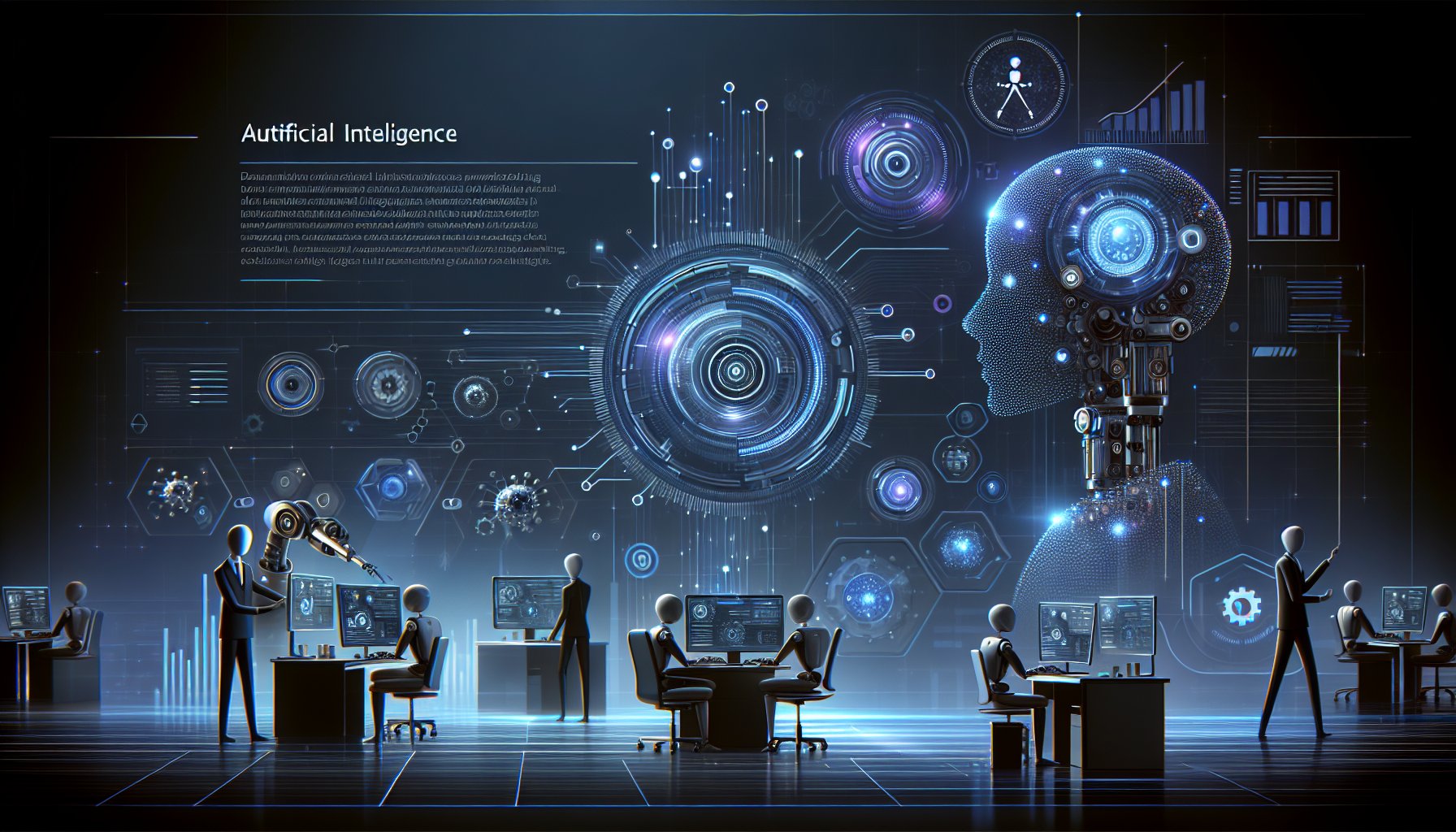Unraveling the Power of Agentic AI Workflows
Welcome to the future of IT development, where Artificial Intelligence (AI) doesn't just perform tasks - it takes an active role in decision-making and problem-solving. This is the realm of Agentic AI workflows, where the power of AI is leveraged to autonomously manage and optimize workflows, transforming the way we approach software development.
What are Agentic AI Workflows?
Agentic AI workflows represent the next leap in AI development. They involve AI systems that are capable of making independent decisions, learning from their actions, and even revising their own operational parameters based on the results they achieve. These AI agents don't just follow pre-set rules; they adapt, learn, and evolve, providing an unprecedented level of efficiency and flexibility in project workflows.
Key Components of Agentic AI Workflows
Agentic AI workflows consist of a number of key components:
- Autonomous Decision-Making: AI agents can make independent decisions, removing the need for constant human intervention.
- Machine Learning (ML) & Deep Learning (DL): These are the core technologies that enable AI agents to learn and adapt.
- Dynamic Workflow Management: Agentic AI systems can adjust workflows in real-time based on changing circumstances and project requirements.
The Benefits of Agentic AI Workflows
Agentic AI workflows offer a host of benefits for IT development:
- Increased Efficiency: By autonomously managing tasks, AI agents can significantly improve workflow efficiency.
- Enhanced Flexibility: The ability of AI agents to adapt and learn enables them to handle changing project requirements with ease.
- Reduced Errors: With their capacity for deep learning, AI agents can learn from their mistakes and continuously improve their performance.
Implementing Agentic AI Workflows: Practical Examples
So, how can you incorporate Agentic AI workflows into your own IT development processes?
Consider a project management scenario where multiple projects are running concurrently. An Agentic AI system can autonomously manage and prioritize tasks based on their urgency, complexity, and the resources available. If a high-priority task suddenly arises, the AI agent can dynamically adjust the workflow, re-allocating resources as necessary.
In a software testing scenario, an Agentic AI system can autonomously run tests, analyze the results, identify issues, and even suggest fixes. Over time, the AI can learn from past errors and improve its testing and debugging processes, significantly reducing the time and resource expenditure on these tasks.
Remaining Ethical in the Rise of Agentic AI
While Agentic AI workflows promise numerous benefits, it's crucial to address the ethical implications of autonomous AI systems. It's essential to ensure that AI agents operate within defined ethical boundaries and maintain transparency in their decision-making processes. The future of IT development with Agentic AI workflows is exciting, but it must be approached with due diligence and responsibility.
Conclusion: Embracing the Future of IT Development
Agentic AI workflows represent a significant shift in the IT development landscape, offering the potential to dramatically increase efficiency and flexibility. By embracing these cutting-edge technologies and working to address the ethical considerations they bring, IT developers can stay at the forefront of the industry, ready to meet the challenges and opportunities of the future.
